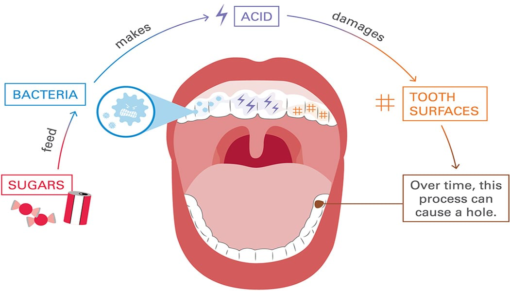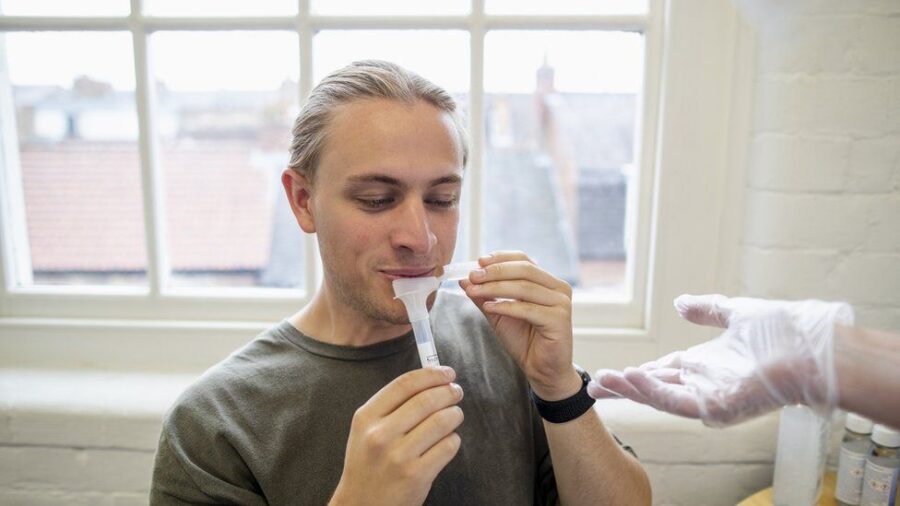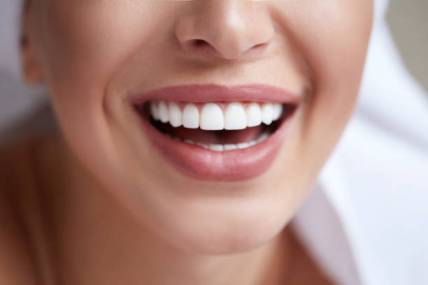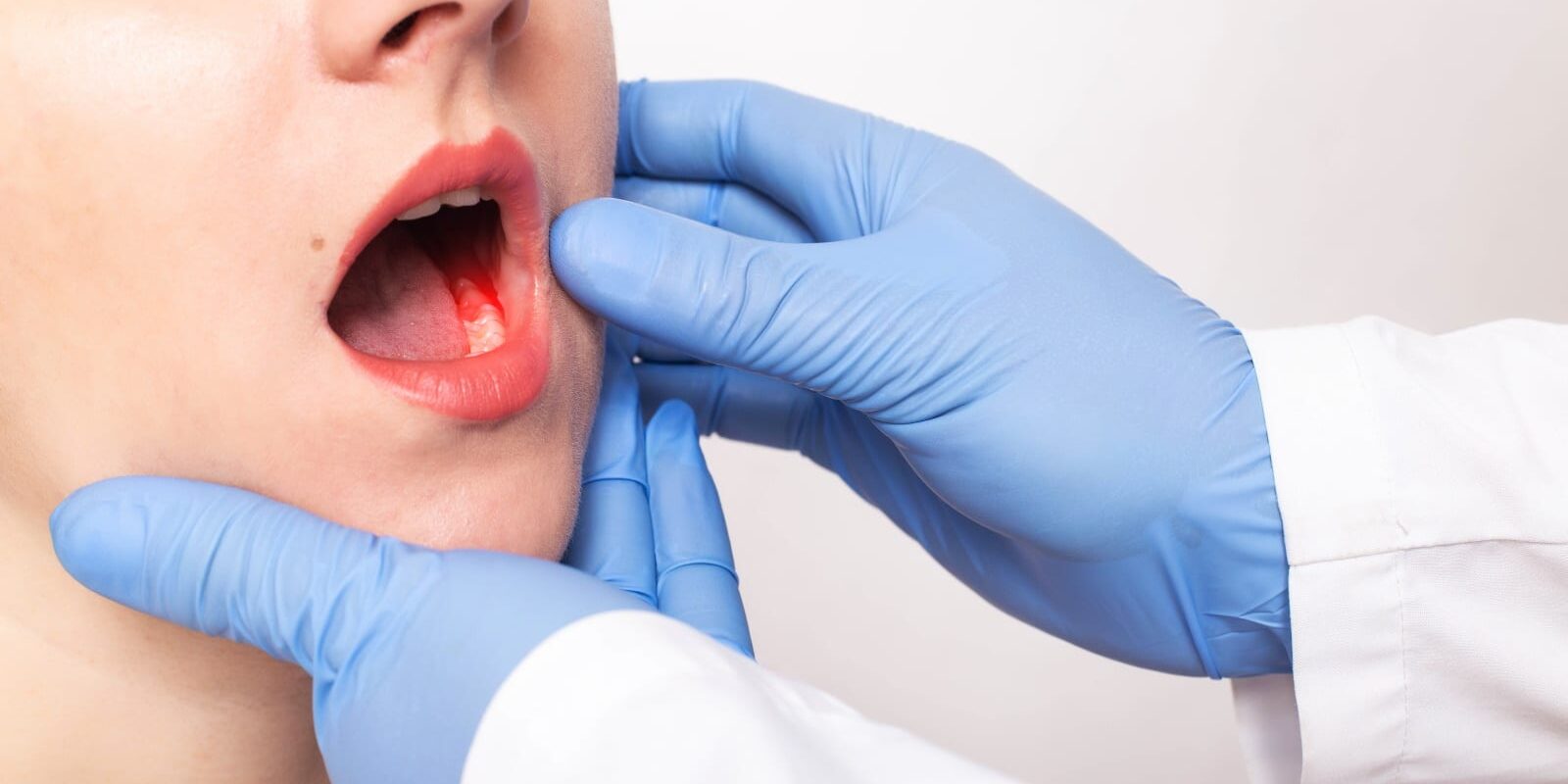Your mouth is one of the most important parts of your body, but did you know that there’s more to it than just eating and speaking? From the bacteria living in your mouth to the incredible healing powers it can have, your mouth is full of surprises! Here are five unexpected things that you might not have known about your mouth. From the chemical composition of your saliva to the way your tongue can help detect the temperature of food, these amazing facts about your mouth will leave you in awe. So, get ready to discover some of the most amazing secrets that your mouth has to offer!
Chemical composition of Saliva in mouth
Saliva: Is more than just a liquid that you secrete out of your mouth. It’s around 98% water. However, the other 2% of saliva is made up of several different chemicals. Some of these include:
Carbohydrates: These are a type of polysaccharide that can act as a prebiotic, promoting the growth of good bacteria in your mouth.
Proteins: These are used to help repair and maintain the tissues in your mouth, such as your gums. They’re also used for healing wounds in your mouth, such as a cut on your lip.

Salivary Mucin: This is another type of protein that’s found within saliva. It’s one of the main ways that your mouth stays hydrated. Salivary mucin is also used to help protect your teeth from decay and cavities.
Minerals: Saliva is also rich in minerals like calcium, potassium, and phosphorus. This helps to neutralize the acidity found in your mouth, which helps protect your teeth from decay.
Glycoproteins: This is a type of sugar that is present in your saliva. It helps to stop bacteria from sticking to the surface of your teeth, which helps to prevent tooth decay.
Role of Saliva in digestion
Saliva is extremely important in terms of digestion. Studies have shown that the enzymes in saliva can break down fat, proteins, and carbohydrates. These are all found in food, meaning that saliva can play a role in the digestion process. Some experts believe that your saliva is what kick-starts the digestion process, even before the food reaches the stomach.

Saliva is extremely important for the digestion process, so don’t forget to keep your mouth hydrated. If you’re finding that your food isn’t being broken down as easily, you may want to see your dentist. They can check to see if there is anything wrong with your salivary glands.
The wide variety of bacteria living in your mouth
There are a wide variety of bacteria living in your mouth. There are around 700 different species of bacteria in your mouth that are beneficial. As well as these bacteria living in your mouth, there are also some species of fungi and yeasts too. Two types of bacteria are present in the largest amount; these are Streptococcus and Lactobacillus species.
Streptococcus species are responsible for the formation of plaque and cavities, as well as for triggering gum disease. This bacteria can also cause issues such as bad breath, toothaches, and even ear infections, although these are less common. Lactobacillus species are responsible for the production of lactic acid in your mouth. This lactic acid helps to prevent tooth decay and the formation of plaque.
How your tongue can help you detect temperature?
Your tongue is the primary organ used in taste, but it can also be extremely useful when it comes to temperature. This is because taste and sensation are closely linked, meaning that your tongue can help you detect temperature as well as taste.
When you put something in your mouth that’s hot, your taste buds jump into action to identify the flavor of the food you’re eating. However, your tongue can also detect the temperature of the food. This is because your taste buds only respond to certain temperatures. The hotter the food, the more nerve endings on your tongue will be activated, meaning that you’ll get a stronger sensation of temperature.
The healing powers of your mouth
Your mouth can play a huge role in the healing process. This is because it’s a bacteria-rich environment that is filled with nutrients. It can be one of the best places for you to heal. This is because the high amount of bacteria present in the mouth can trigger a healing process. This is known as biostimulator. This healing process can be beneficial to you in several ways.

Your dentist might prescribe you antibiotics when you visit them with a dental issue. They’re hoping that the antibiotics will trigger the healing process in your mouth, which will help you get better.
It can help to treat an infection, seal a wound, and even reduce inflammation. This is why your dentist might prescribe you antibiotics when you visit them with a dental issue. They’re hoping that the antibiotics will trigger the healing process in your mouth, which will help you get better.
Conclusion
You might not have given much thought to your oral hygiene, but it’s extremely important. Oral hygiene is a crucial part of your general health. Good oral hygiene can help to avoid several issues, including bad breath, cavities, gum disease, and even heart disease. If you want to stay healthy, then you must brush your teeth at least twice a day with fluoride toothpaste. Plus, you should floss at least once a day. It’s also important that you visit the dentist twice a year for a check-up. During this visit, they can check your teeth for any signs of damage. If they find something wrong, they can fix it before it’s too late. It’s also important that you visit the dentist if you’ve been sick.






